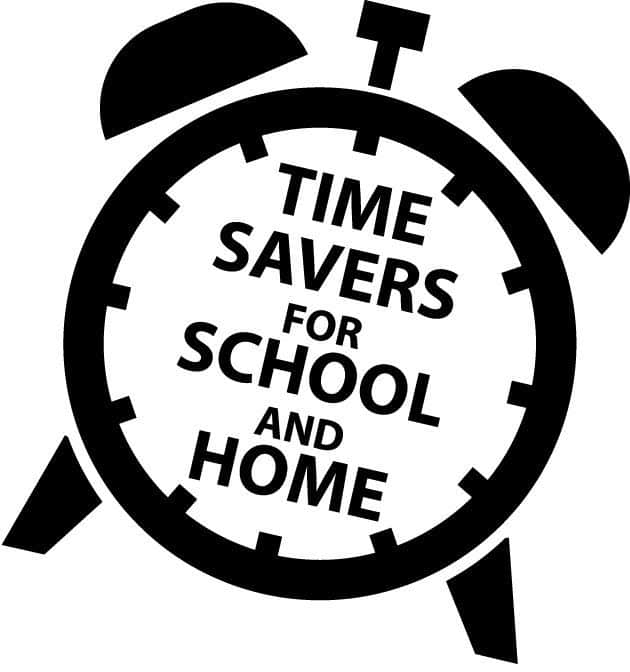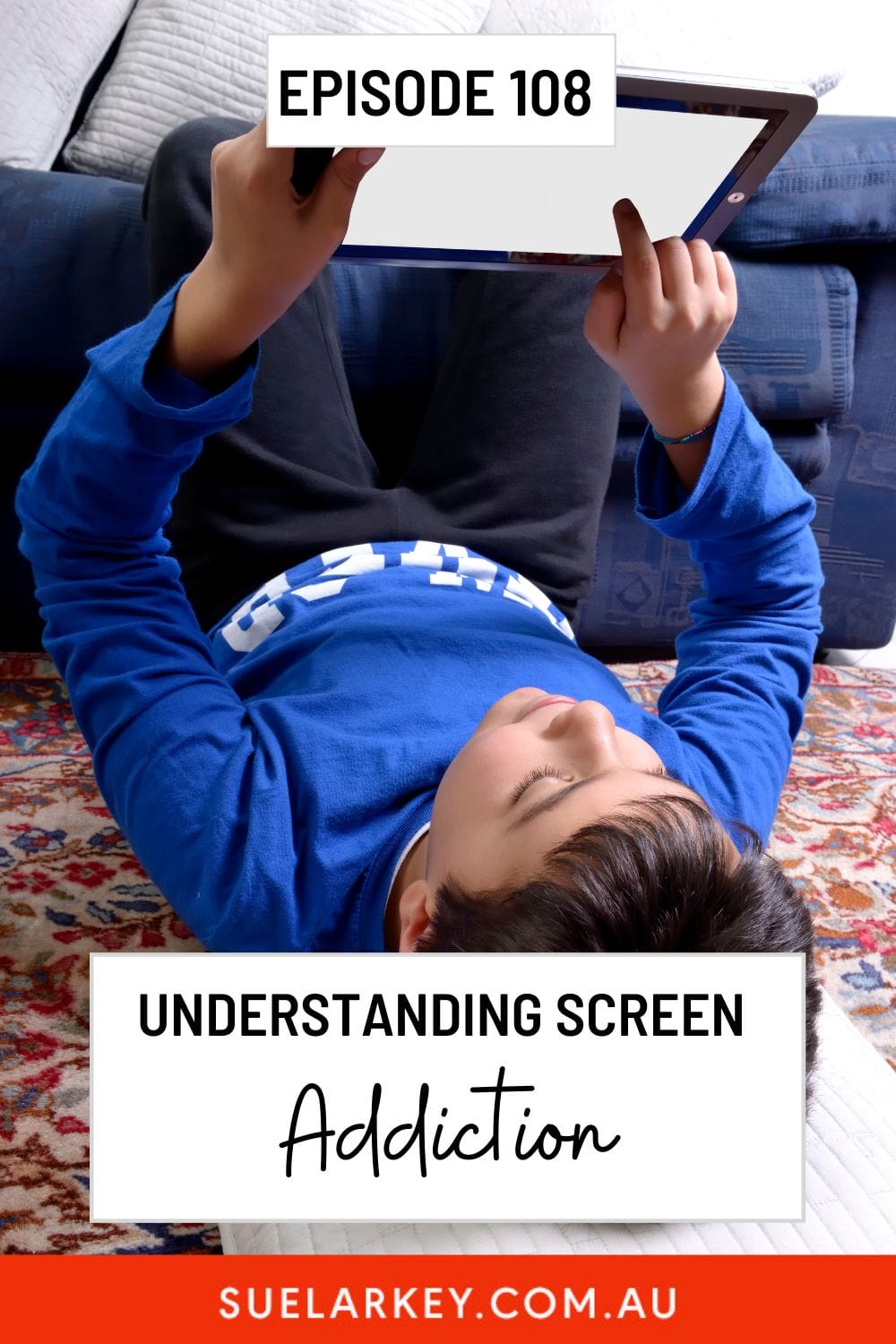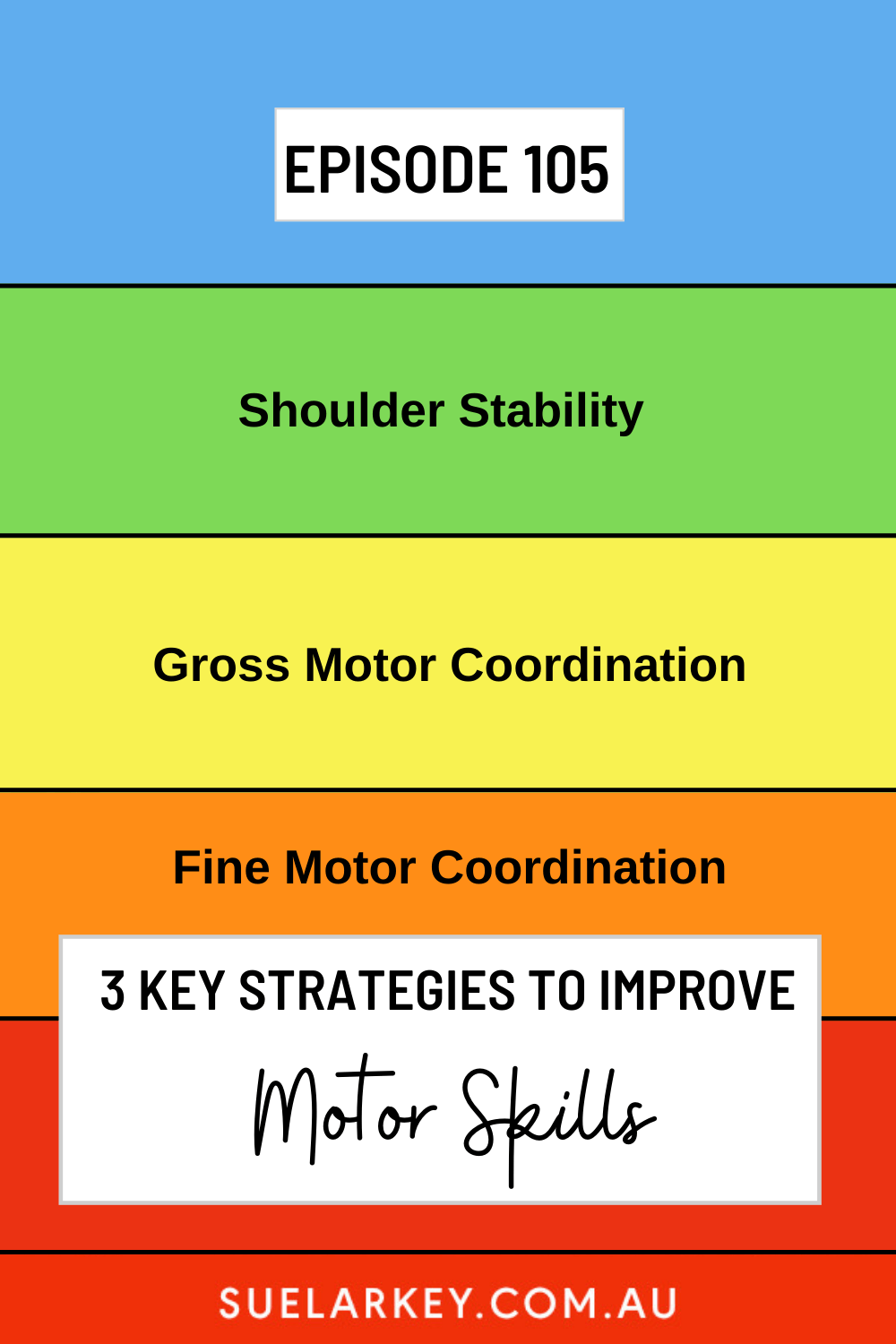Sue Larkey Blog
Helping you “Make a Difference”


Tips, Strategies, Time Savers and Inspiration to help make difference for a child with an ASD in your class, home or community.
Episode 110: Understanding Autism: Common Confusions and Misunderstandings – with Psychologist Emily Hanlon
UNDERSTANDING AUTISM: COMMON CONFUSIONS AND MISUNDERSTANDINGS - WITH PSYCHOLOGIST EMILY HANLON Begin Understanding Autism Today! Subscribe to this podcast via your favourite app Join my newsletter for more awesome information about ASDThis week I am joined by guest, Emily Hanlon, a Psychologist who completed her Clinic Masters Research on the well-being of siblings of children with ASD compared to children with typically developing siblings. The results showed that ASD siblings reported lower scores on emotional efficacy and positive affect, and reported higher scores on negative affect than did the comparison group siblings. To summarise, the findings indicated that having an autistic sibling resulted in lower overall levels of psychological well-being than siblings of typically developing individuals. The full article is available here. She is also the daughter of Randa Habelrih, a guest on the podcast in Episode 107. Check out her website here! Begin Understanding Autism...
Episode 109: Teaching Neurodiverse Students in Your Busy and Complex Classroom
TEACHING NEURODIVERSE STUDENTS IN YOUR BUSY AND COMPLEX CLASSROOM Subscribe to this podcast via your favourite app Join my newsletter for more awesome information about ASDTeaching in a busy and complex classroom is always difficult, and with 30 children to look after, there is not always time to give neurodiverse children the support they need. I am hoping to help you with a New E-Book, Webinar & Podcast - ALL FREE - filled with quick tips and strategies to make sure your kids are getting the most out of the amazing work you do! I am also running live virtual workshops again this term! Check them out below. Brand new FREE E-book with 100+ Tips & Strategies Download the free E-book so you can read along while I explain in this week's Podcast. What you will learn: ✅ 8 Key Strategies to Embrace Difference✅ Recommendation for Girls with Autism Spectrum✅ Why Kids on the Spectrum are More Likely to be Perfectionists and What You can do to Support them✅ Anxiety, ASD and...
Episode 108: Understanding Screen Addiction with ADHD Expert Simon Da Roza
UNDERSTANDING SCREEN ADDICTION WITH ADHD EXPERT SIMON DA ROZA Subscribe to this podcast via your favourite app Join my newsletter for more awesome information about ASDA lot of parents have asked me how to deal with screen addictions in their nuerodiverse children. This is especially important during the holidays, so this week in the podcast I speak with ADHD expert Simon Da Roza about executive functioning and managing screen time. Learn how to reduce from 16 hours a day to just 1 by Understanding Screen Addiction! 4 Types of Screen Addiction By Simon Da Roza Escape and create - e.g. Minecraft Gaming - solo or social Internet - rabbit-holes e.g. youtube Group chats What to do! Ownership: make sure the child realises there is a problem so they can start working to fix it. Try getting them to guess how many hours a day they spend on a screen before checking with them. Encourage them to set targets for themself. Plan B: encourage the child to consider other options -...
Episode 107: What you can do to Increase Inclusion for Autism Awareness Month – with Guest Randa Habelrih
what you can do to increase inclusion for autism awareness month Learn about Social Skills and Autism Today! Subscribe to this podcast via your favourite app Join my newsletter for more awesome information about ASDIn this podcast I talk about fostering acceptance and inclusion at schools and in the workplace. This week I am accompanied by a guest, Randa Habelrih, the founder of Autism MATES. Increase Your Understanding of Social Skills and Autism Today!5 Things You Can Change TODAY to Make a Difference From Randa HabelrihTalk about difference. Empathy is a learned skillBefriend the parent of a child with a disability.Be aware how important your attitude is towards a child with a disability. Children will model your behaviour and attitude. Encourage kindness and inclusion by modelling kindness and inclusion.Include the child who is often left out. E.g. If you're organising a party think about how you can be more inclusive. If you're breaking children up into groups think about...
Episode 106: How to Create a Lunchtime Club to Build Friendships & Develop Social Skills
HOW TO CREATE A LUNCHTIME CLUB TO BUILD FRIENDSHIPS & DEVELOP SOCIAL SKILLS Learn how to create a lunchtime club to support friendships today! Subscribe to this podcast via your favourite app Join my newsletter for more awesome information about ASDIn this podcast I talk about: 🔥 Creating lunchtime clubs - 8 top tips (jump here) 🔥 Passive playgrounds (jump here) 🔥 Buddy benches (jump here) 🔥 Woolworths garden (jump here) 🔥 Cook books (jump here) 🔥 Friendship funnel (jump here) Download a one-page printout of this blog here: Lunchtime Club BlogMany Schools have introduced Lunchtime Clubs and have had Great Success Playgrounds are unstructured, unpredictable places where children with ASD struggle to follow and join in the numerous social interactions surrounding them. Children with ASD frequently return to class from the playground in a high state of anxiety. In addition, their self-esteem frequently takes a battering. In our book Developing Social Skills, co-author Gay von Ess...
Episode 105: Occupational Therapist shares 3 Key Strategies to Improve Motor Skills in ALL Kids
OCCUPATIONAL THERAPIST SHARES THREE KEY STRATEGIES TO IMPROVE MOTOR SKILLS IN ALL KIDS Subscribe to this podcast via your favourite app Join my newsletter for more awesome information about ASDIn this podcast Paediatric Occupational Therapist Sally McNamara (Lewis) shares her 3 key strategies to improve motor skills in ALL children. 🔑 Ever wondered why children fidget? 🔑 Ever thought about how playgrounds can be designed to maximise learning motor skills? 🔑 Ever considered integrating learning motor skills into every day tasks? All these questioned and more answered in this podcast! Scroll to articles mentioned in the podcast3 strategies to Improve Motor Skills From Occupational Therapist Sally McNamaraKeep it fun and functional Use the child’s interests and create a purpose to the motor activities. Ensure there is variety in what the child is doing.Think outside the square For teachers: work collaboratively with specialist teachers to see if they can implement certain motor...
Episode 104: How to engage disengaged students with Autism, ADHD & Neurodiversity
HOW TO ENGAGE DISENGAGED STUDENTS WITH AUTISM, ADHD & NEURODIVERSITY Learn How to Engage Disengaged Students Today! Subscribe to this podcast via your favourite app Join my newsletter for more awesome information about ASDIncreasing engagement ➡️ SUCCESS! In this podcast I talk about how to increase engagement, including: ✨ Professor Skinner's 5 main obstacles to learning ✨ Encouraging Independence (click to jump to this section) ✨ Top Tips to Keeping on Task (click to jump to this section) ✨ Why making Mistakes is Frustrating (click to jump to this section) ✨ Task Analysis (click to jump to this section) ✨ Rewards (click to jump to this section) This year all my new workshops focus on engagement and participation to increase success for all. Join me for a Live Virtual Workshop or an Online Course - whichever learning style suits you best! Learn how to engage disengaged children Today!Renowned psychologist Professor Skinner identified 5 main obstacles to learning: 1....
Episode 103: Step by Step Strategies to Grow and Support Communication using Augmentative & Alternative Communication (AAC)
Step by Step Strategies to Grow and Support Communication using Augmentative and Alternative Communication (AAC) Perfect Strategies to grow and support communication Today! Subscribe to this podcast via your favourite app Join my newsletter for more awesome information about ASDDiscussed in this podcast with guest Chris McDonald: ✅ Social Initiative PicSeePal ✅ What is Augmentative and Alternative Communication (AAC) and how can it be used effectively in the classroom? ✅ "REAP what you SOW" tip sheet - download available here! Harness Strategies to grow and support communication today!Reap what you sow Tip Sheet By Chris McDonaldRecognise existing skills and abilities.Engage with likes and interests.Activate the power of visual supports.Playfully foster communication.Systems - set up, implement, review and adjust.Our growth as communication partners.Winning and success into young adulthood.This is just the tip of the iceberg! Click here to download the PDF of the full tipsheet....
Episode 102: Webinar Replay – 13 Key Strategies for Setting Up Your Classroom
Webinar replay - 13 key strategies for setting up your classroom Discover 13 Strategies for Setting up your Classroom Today! Subscribe to this podcast via your favourite app Join my newsletter for more awesome information about ASDMy Live Webinar last week was a success! But it's not too late - sign up HERE to watch the Replay of the hour of power! FREE sign up includes: 🎆 E-book 🎆 Webinar Replay 🎆 Handout What will you learn in the Webinar? 10:00 – Number 1 Question I ask myself when I go into classrooms 27:38 – What Skills does sitting really require ? (Hint…… Not listening and Sitting Still) 38:10 – Top Tip to Try over the next week 54:00 – Recess & Lunch Breaks. Why we need different strategies Learn 13 Strategies for Setting up your Classroom Today!13 Key STRATEGIES FOR SETTING UP YOUR CLASSROOM Excerpt from the free E-book Setting Up Your Classroom For Success by Sue Larkey1. Position in ClassroomSeating, mat time, assembly, parades, etc. Have a set position for...
Episode 101: Setting Up Your Classroom For Success
SETTING UP YOUR CLASSROOM FOR SUCCESS Setting Up Your Classroom with Sue Larkey Subscribe to this podcast via your favourite app Join my newsletter for more awesome information about ASDSetting up your classroom at the start of the year for a new class with diverse learners is always a challenge. I am hoping to help you with a New E-Book, Webinar & Podcast filled with quick tips and strategies to make 2021 a Success. NEW E-book (NO COST) with 97+ Tips & Strategies SORRY THIS DOWNLOAD & LIVE VIRTUAL NOW CLOSED SIGN UP BELOW TO BE NOTIFIED WHEN AVAILABLE AGAIN Download the free E-book so you can read along while I explain in this weeks Podcast. What you will learn: ✅ 18 Ways to Set Up a Classroom / Structures ✅ How to Support Motor Skills ✅ 3 Steps to IEPs ✅ 9 Essential Strategies for Homework ✅ How & Why to use Visuals ✅ Why you need to know about Interception ✅ Understanding Sensory Needs ✅ 6 Key Strategies for Secondary School Start Setting Up Your...
8 Ways I Can Help You & The Kids You Know
8 WAYS I CAN HELP YOU AND THE KIDS WITH AUTISM YOU KNOW E-Newsletter - sign up here. Blogs - read here. If you are looking for a specific topic the quickest way is to use search for your Topic of Interest in the search bar of my website! It is highly likely I have covered the topic you are looking for. If I haven't, let me know - send an email to dearne@suelarkey.com.au. FREE Live Webinar - Setting Up Your Classroom For Success 4.00-5.00 (AEDT) Thursday 11th February 2021 - sign up now. Facebook Groups - join now. Sue Larkey Podcast Community Sue Larkey Parent/Carer Support Group Online Courses - watch now. Click Here to Compare the Courses and choose which one is right for you Live Virtual Events - running MARCH 2021. Available in Your Local Time. Interactive PD Day with certificate upon completion. More information PD Day for your School/Organisation (Virtual or Face to Face) - More information Ask me a question via email (dearne@suelarkey.com.au), facebook etc. I love hearing...
Episode 💯: 13 Separation Anxiety Tips for Children with Special Needs
13 SEPARATION ANXIETY TIPS FOR CHILDREN WITH SPECIAL NEEDS Learn 13 Separation Anxiety Tips Today! Subscribe to this podcast via your favourite app Join my newsletter for more awesome information about ASD 🎉 WOOO HOOOO! Episode 💯!!! Can't believe we're here already! 🎉. In this week's podcast I discuss my Top13 Tips for separation anxiety & How I use them. 🎉 As an Episode 💯 special I reached out to my online Facebook community for more advice and solutions. 13 Separation Anxiety Tips By Sue LarkeySeparation anxiety from people, friends, objects and pets is really common for children with special needs. I came up with these 13 tips just for you, as well as reaching out to my online Facebook community for more examples!1. Transition starts the day before. I talk about this a lot - you may recognise it from my Live Virtual Events in 2020! Don't forget I'm running these Live Virtual Events again this term! 2. Use transitional objects. These can be from home or waiting at...











